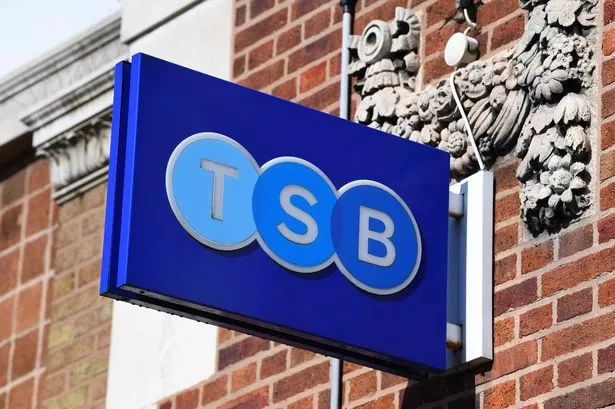TSB has announced a significant overhaul involving approximately 250 job cuts and the closure of 36 bank branches. This decision is part of a broader strategy to optimise its operational structure amidst evolving consumer banking behaviours.
Shift to Digital and Impact on Physical Branches
In response to a noticeable decline in in-branch transactions—with nearly 96% of all transactions now conducted outside of physical locations—TSB plans to reduce its branch network to 175. The bank has reserved £29 million for a cost-saving program aimed at lowering its cost-to-income ratio. This move reflects a broader banking trend where digital services are becoming the norm, and physical branches are seen as less essential.
The Critical Role of Fraud Prevention
However, the reduction in physical branches raises significant concerns regarding fraud prevention and fraud awareness. Branches play a crucial role in educating and assisting customers with fraud-related issues. Face-to-face interactions often help in identifying and addressing potential security threats more effectively than digital platforms can. With fewer branches, customers may find it more challenging to receive immediate and personalised help to prevent fraud.
The reduction in physical bank branches significantly aids fraudsters, as branches often act as a crucial defence in preventing fraud. The practice of requesting individuals to provide identification in person has been a powerful deterrent, thwarting countless fraudulent activities. Physical ID verification creates a barrier to anonymity, which is critical in combating fraud. However, with the closure of branches, more identification processes will shift online. Offering fraudsters a prime opportunity to execute their schemes under the veil of digital anonymity. This transition could potentially lead to an increase in fraud incidents, posing new challenges for fraud prevention.
Impact of Job Cuts on Fraud Operations
The job cuts are set to impact the bank’s fraud and central operations significantly. This decision suggests an underestimation of the importance of specialised fraud prevention staff. As fraudsters become more sophisticated, the need for skilled fraud prevention teams becomes more critical. Reducing these essential resources might leave customers more vulnerable to scams and financial deceit.
With the scaling back of specialised fraud prevention units, TSB risks a significant security gap at a time when fraud tactics are rapidly evolving. Enhanced training and investment in advanced fraud detection technologies will be essential to mitigate this risk. Without a robust team equipped to handle fraud cases, the bank may see an uptick in fraud, damaging customer trust and financial stability.
The Union’s Response
Unite the Union, representing TSB employees, has vehemently opposed the bank’s restructuring plan. They argue that the job cuts and branch closures will lead to a degradation of service quality, particularly at a time when the need for robust fraud prevention measures is more acute than ever. The union is advocating for a reduction in job losses and pushing for the bank to reconsider its plans for closing branches.
Unite the Union emphasises that this realignment could not only diminish service quality but also erode the public’s confidence in the banking sector’s ability to protect their interests. They continue to press for strategies that prioritise employee retention and the maintenance of a substantial branch network as integral to a comprehensive fraud defence strategy.
Balancing Digital Advancement with Security Needs
As TSB continues to navigate its operational changes, balancing digital advancement with the critical need for effective fraud prevention will be paramount. While digital platforms offer convenience, the human element in fraud detection and prevention remains irreplaceable. Banks must take serious measures to ensure that digitalisation does not compromise their ability to safeguard customers. This recent move by TSB has sparked a broader discussion about how banks are prioritising their resources and the implications for customer security in an increasingly digital world.
In response to these changes, TSB must explore innovative solutions that can complement its digital services while ensuring uncompromised security. The incorporation of artificial intelligence and machine learning for fraud detection on digital platforms could be vital. However, the integration of technology should enhance, not replace, the critical insights and oversight provided by experienced fraud prevention personnel. This balance is crucial in maintaining a secure banking environment as the industry shifts increasingly online.



